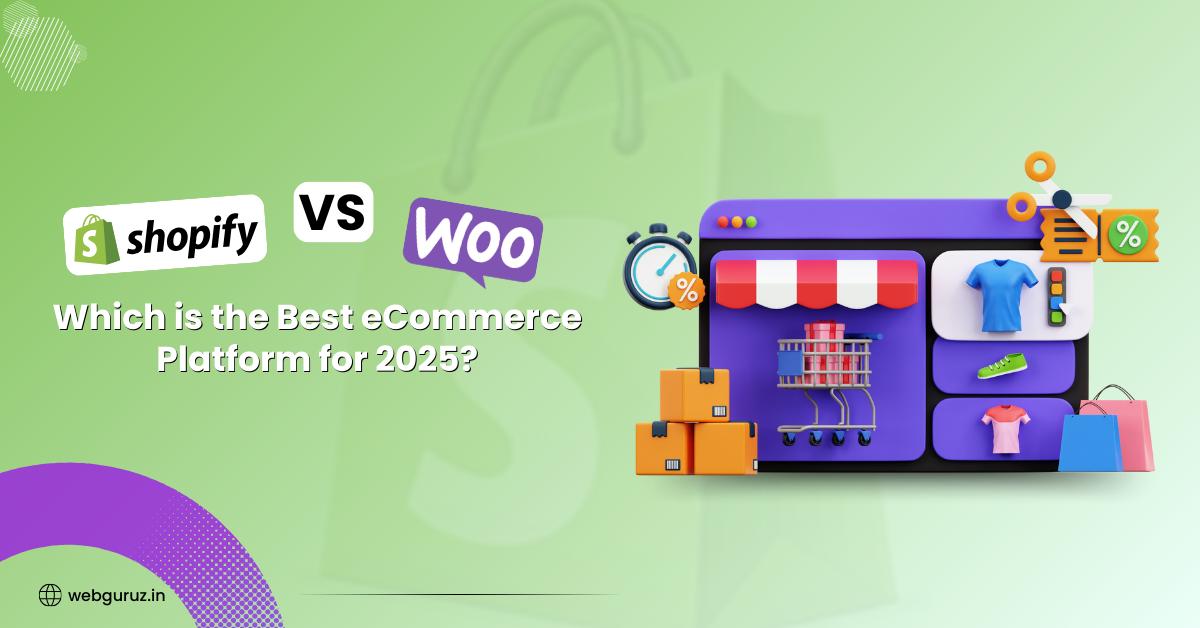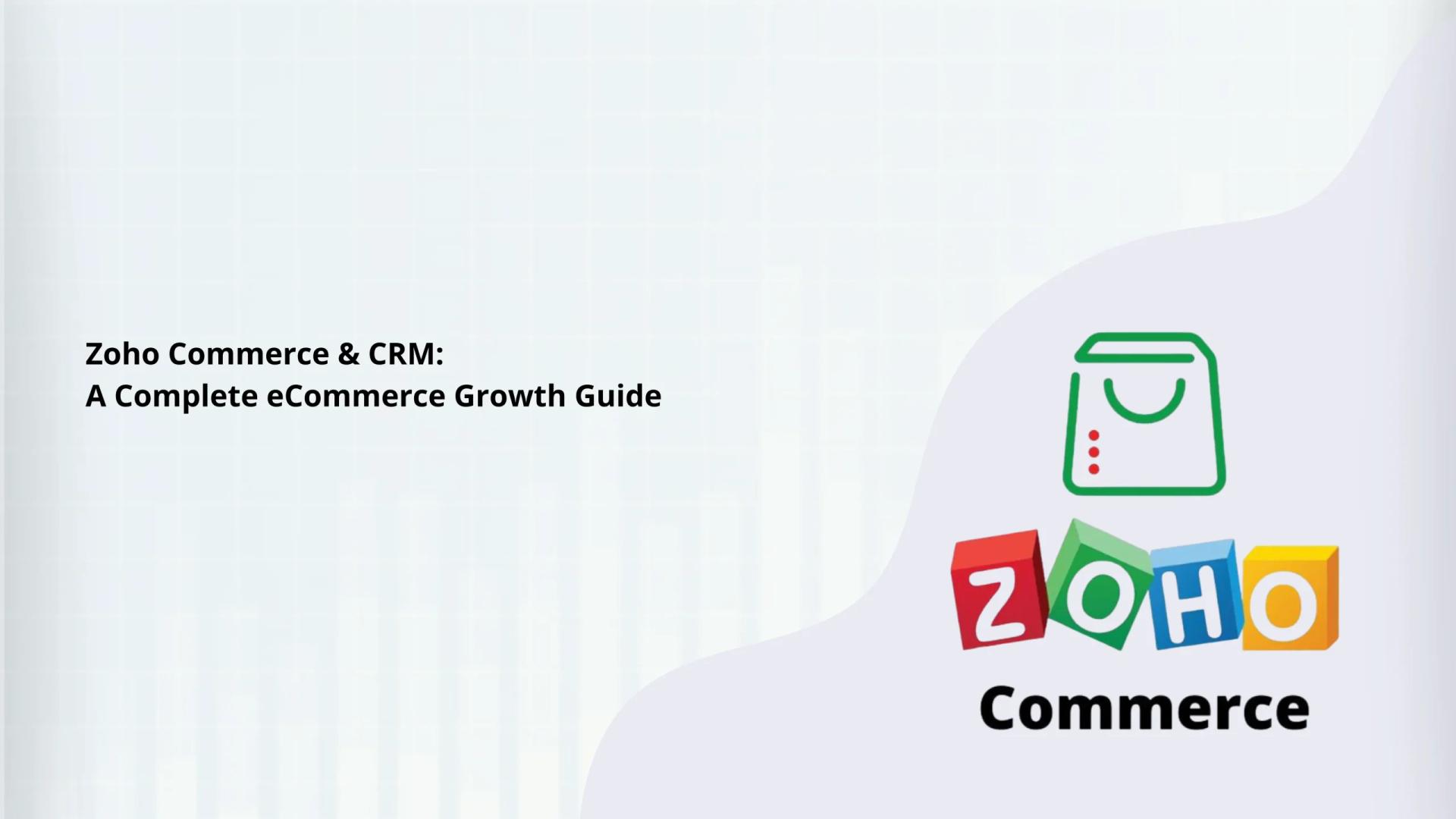Dilpreet Kaur
2026-01-21
7 min read
Zoho Commerce & CRM: A Complete eCommerce Growth Guide
Running an online store today means juggling multiple tasks, including managing inventory, handling customer relationships, running marketing campaigns, and keeping track of sales.
Read More









